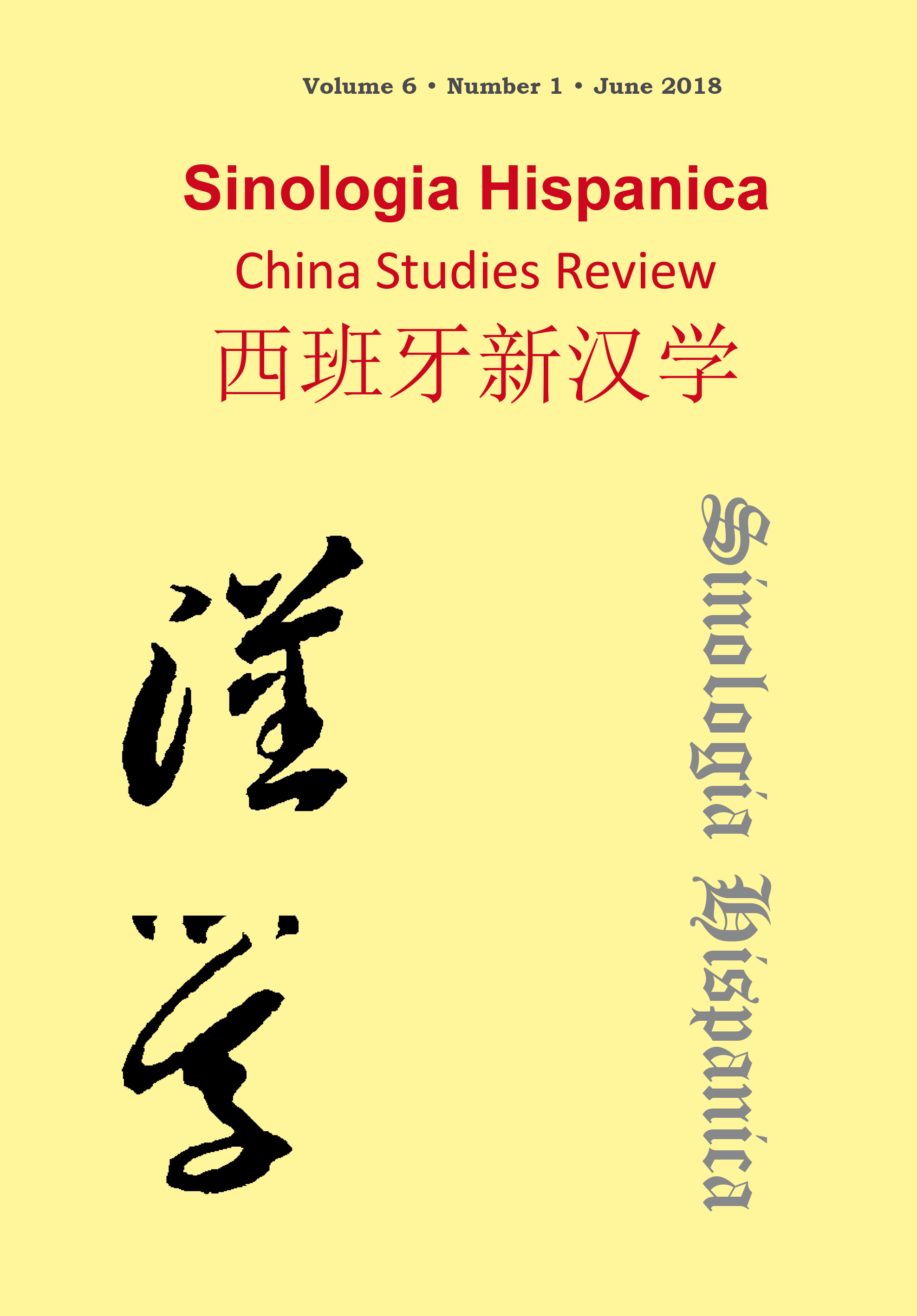Chinese Customs Regulations on Cross-Border E-Commerce: A Growth Opportunity for Foreign Enterprises and Chinese Commercial Platforms
DOI:
https://doi.org/10.18002/sin.v6i1.5492Keywords:
cross-border e-commerce, Chinese Customs Legislations, e-commerce platforms.Abstract
The fast improvement of communications since 1980´s has sped up the way of world-wide consumption. The embrace of globalization and all the changes and improvements that come with it, such as new technologies, faster and more accessible routes and ways of transportation, have created a new way to sell and buy goods named electronic commerce or e-commerce.This new way of commerce was officially adopted in May, 1998 in the Declaration on Global Electronic Commerce of the Second Ministerial Conference of the World Trade Organization, which recognizes the growth of this new way of trade and the new opportunities it brings with. Since then, the term of electronic commerce, or e-commerce, is understood as to mean the production, distribution, marketing, sale or delivery of goods and services by electronic means1. Even if today e-commerce is not a new subject, we can say it has become a popular and stable way of consumption, job, and income source, not only for the seller and buyer, but also for all the intermediaries involved in the process. In this article, the characteristics of cross-border e-commerce and its implication on Chinese Customs legislations and commercial platforms will be analyze by noting their main characteristics and the challenges shared for development, as well as the effects they generate among consumers, enterprises and the government.
Downloads
Métricas alternativas
Downloads
Published
How to Cite
Issue
Section
License
Copyright (c) 2018 Miriam Ruiz

This work is licensed under a Creative Commons Attribution-NonCommercial-ShareAlike 4.0 International License.
Sinología Hispánica. China Studies Review considers all manuscripts on the strict condition that:
- The authors assign the exploitation rights (reproduction, distribution, public communication and transformation) of the work accepted for publication to the University of León on a non-exclusive basis. Authors can establish, on their own, additional agreements for the non-exclusive distribution of the version of the work published in the journal (for example, placing it in an institutional repository or publishing it in a book), always acknowledging the initial publication. in this magazine.
- The manuscript is your own original work and does not duplicate any other previously published work, including your own previously published work.
- The manuscript is not currently under consideration or peer review, nor accepted for publication, nor in press, nor published elsewhere.
- The manuscript contains nothing that is abusive, defamatory, libellous, obscene, fraudulent, or illegal.
- Please note that Sinologia Hispanica uses Turnitin software to screen manuscripts for unoriginal material. By submitting your manuscript to Sinologia Hispanica you are agreeing to any necessary originality checks your manuscript may have to undergo during the peer-review and production processes. Any author who fails to adhere to the above conditions will be rejected.
- Authors are allowed and encouraged to electronically disseminate the pre-printed versions (version before being evaluated) and / or post-printing (version evaluated and accepted for publication) of their works before publication, since it favors their circulation and dissemination more early and with it, a possible increase in its citation and reach among the academic community.
Sinologia Hispanica is under an international license Creative Commons Attribution-Noncommercial-Share Alike 4.0. You can read more about this license in an informative version and legal text.










